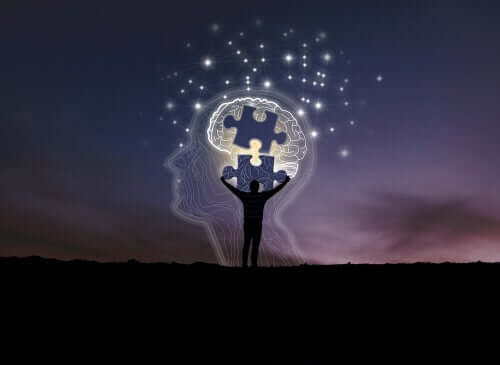The functioning of memory has been a focus of attention to psychology for centuries, and in this study, forgetfulness has always been treated as a curious and, in many cases, frustrating phenomenon.
In fact, knowing under what circumstances or with what information is most common forgetfulness can be very useful not only for our daily lives, but also in providing memory data in degenerative disorders, such as Alzheimer’s disease or other diseases.
- Next.
- We’ll find out what forgetfulness is.
- What kinds of forgetfulness they are.
- And how.
- For science.
- Oblivion is virtually unmistakable.
- Nietzsche said:.
“The existence of forgetfulness has never been proven: we only know that certain things do not come to mind when we want to. “
Oblivion gives its name to a phenomenon in which memory that forms in memory in relation to certain information is fragmented, poor storage, or memory recovery occurs.
When this happens, we will lose the details of the information until the brand is lost, giving way to complete forgetfulness. Can we say that the information was forgotten during the neural network?Who, on a neurobiological level, supports the recovery of this memory?Gone.
It cannot be determined that the information has disappeared permanently during the recovery process.
Therefore, considering that forgetfulness cannot be demonstrated (loss of detail makes recovery difficult, or do we completely forget the information?) We can consider anything that, at some point, makes the person incapable of remembering anything. will or will not recover in the future; you can say that the person has forgotten it.
In the study of the phenomenon called “forgetting”, two clinically relevant types have been identified for the treatment of psychological disorders in which memory plays a fundamental role; this occurs, for example, in post-traumatic stress disorder.
Accidental oversights are those that occur without the intention of forgetting. Chacter (2003) argued that accidental forgetfulness is essential for the proper functioning of memory.
It is a human skill that must be adaptive, flexible and work to the fullest of its capacity, since memory is not unlimited, if there were no failures or forgetfulness we would have a maximum ceiling in everything we could memorize.
Thus, it is good to forget some information that, at the moment, does not work, for example, although it is relevant to remember the license plate of the first car you purchased, the truth is that this type of information can be overlooked because it is not useful and can interfere with current memories.
The second type we find is reasoned forgetfulness, which occurs when the person performs processes or behaviors whose purpose is to decrease access to a memory, this can happen when a traumatic situation is lived, which the person is trying to forget, avoiding everything that can motivate accessibility to the person. As you don’t remember, the brand weakens.
Gordon (1995) studied the kind of information that people tend to forget by chance. This list is not random and is it possible to explain why many people are not good for names?And why some people too often forget where they put the keys.
Among the most common oversights, we highlight
The other information that is often overlooked are: faces, directions, what we started doing, what we said and whether we did something or not (for example, turning off the gas).
Memory needs to be well maintained by its users and many make mistakes that promote forgetfulness, not recall. Thus, there are seven phenomena that can disturb memory and prevent it from working optimally.
Sins 1, 2, and 3 would lead to errors of omission, while sins 4, 5, 6, and 7 would cause commission errors (the subject remembers something, but remembers wrong).
Forgetfulness persists in conditions such as certain anxiety disorders, post-traumatic stress disorder, and dissociative disorders. Therefore, your study and differentiation may be relevant to the treatment of these distressing disorders.
Thus, it is possible to establish theories and laws associated not only with memory, but also in oblivion, as the law of the righteous:
When two memories of memory have the same strength, but a different age, that is, one is newer than the other, it can be said that the oldest or oldest of the two will be the most lasting and will be forgotten less quickly than the New. ?.

